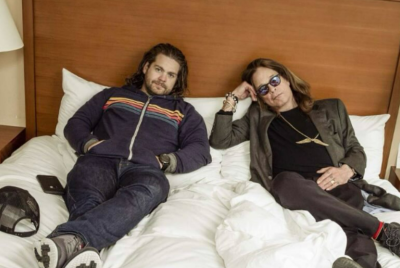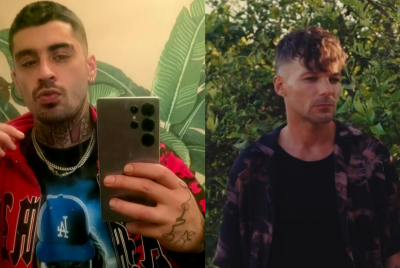Inside Vick Hope's £250 Placenta Pills – What They Are and Why Experts Are So Divided
Vick Hope has revealed she will take her placenta in £250 pill form after giving birth – but while some claim the trend boosts recovery, doctors insist there is no scientific proof it works.
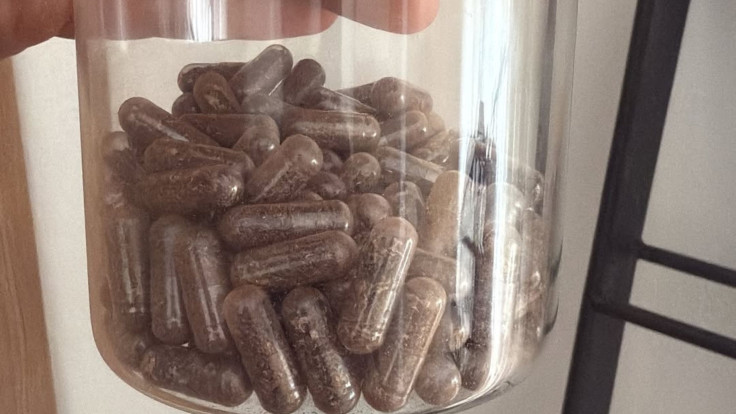
Vick Hope has revealed she plans to consume her own placenta in capsule form after giving birth to her son Micah – joining a growing number of celebrity mothers embracing the controversial practice. The placenta, which acts as a lifeline to the baby during pregnancy, delivering oxygen and nutrients through the umbilical cord, is increasingly being eaten after birth in the belief it can boost energy, improve milk supply, and ward off post-natal depression. But while the trend has been championed by stars such as Kim Kardashian, experts stress there is no scientific evidence to back up these claims.
In the UK, new mothers can take their placenta home if they inform midwives in advance, with placenta encapsulation services – costing around £250 – offering to dry, grind, and package it into pills. According to the Daily Mail, Vick's decision comes as placentophagy becomes increasingly mainstream, with some women also eating it raw or cooked. However, the Centers for Disease Control and Prevention (CDC) has warned of potential health risks, citing a case in which a newborn contracted a strep infection linked to placenta capsules.
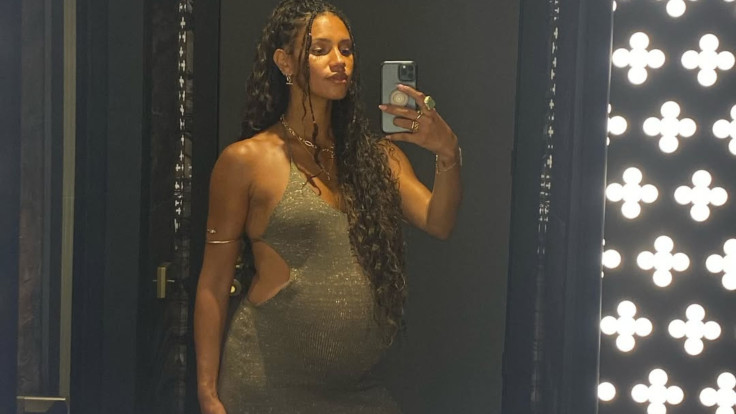
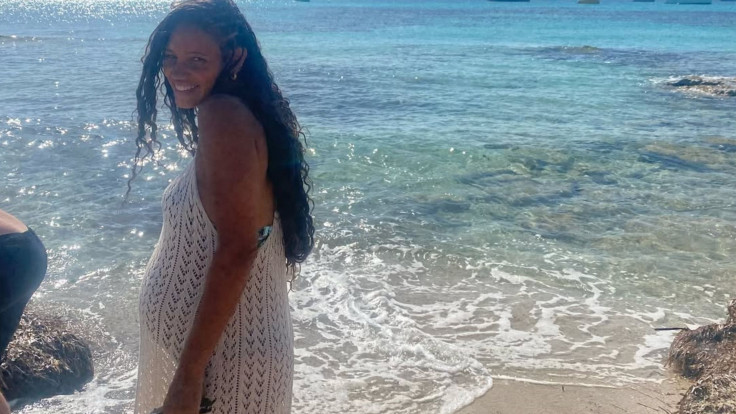
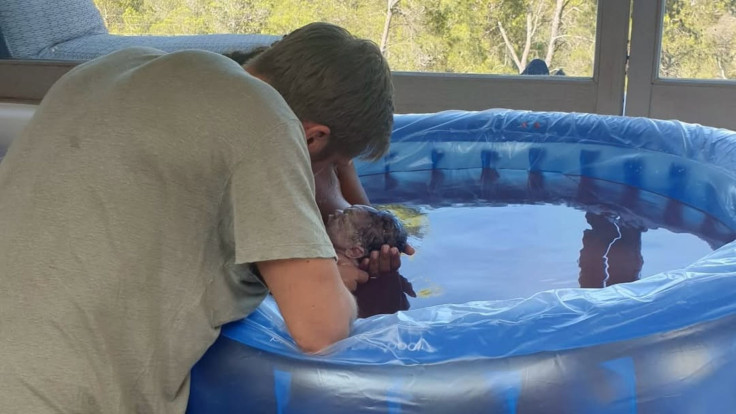
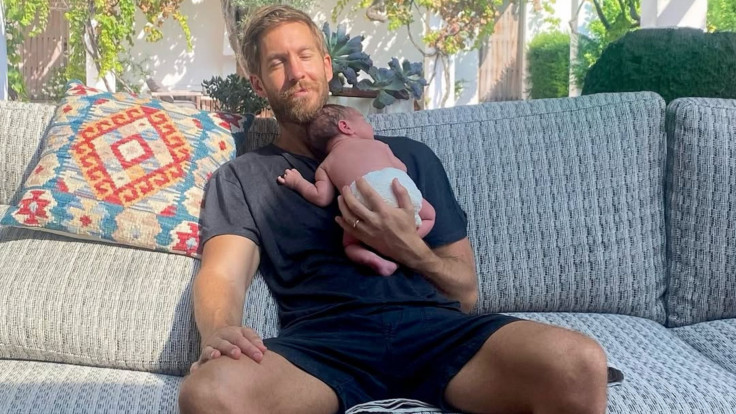
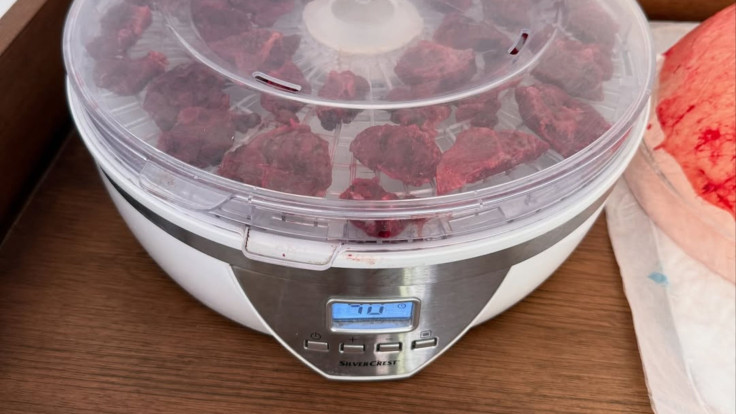
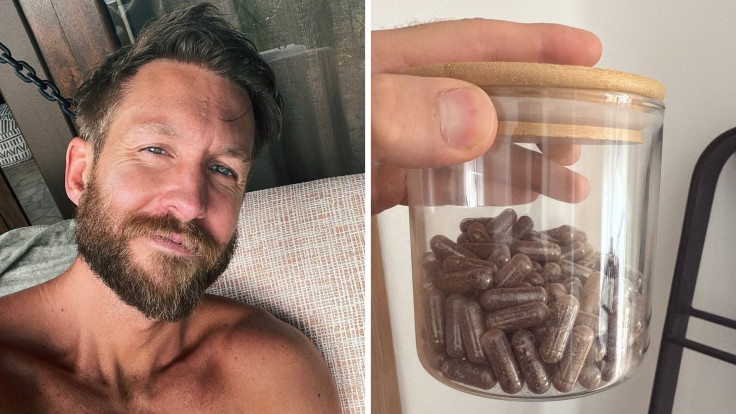
@drjessicaknurick Replying to @Amanda🤍 placentophogy is gaining popularity, particularly among women in the United States. But the lack of safety and efficacy research, along with the potential risks, means that it gets a no from me personally. 👎 #placentaencapsulation #placentapills #3rdtrimester #pregnancy
♬ original sound - Dr. Jess (PhD, RDN)
@lactationhub Lactation Consultant’s take on Placenta Encapsulation #placentaencapsulation #placentapills #postpartum #newmom #breastfeeding #milksupply #lowmilksupply #undersupply #breastmilk #breastpump #pumpingmom #ibclc #lactationconsultant
♬ original sound - Karolina, IBCLC | LactationHub
@doctorsood Some believe eating the placenta boosts energy, prevents postpartum depression, and improves iron levels—but research shows no proven benefits. In some cases, it has even been linked to a higher risk of postpartum depression. 🩸 The placenta can also carry bacteria, toxins, and hormones, posing serious risks to both mother and baby. Due to infection and contamination risks, the potential harm outweighs any unproven benefits. What are your thoughts? #medical #health #postpartum #womenshealth VC: @mommymadeencapsulation
♬ original sound - DoctorSood, M.D.
Medical professionals, including GP Dr Ellie Cannon, have urged caution, warning there is 'no proof' that placentophagy delivers any of its claimed benefits and stressing that new mothers should focus on safe, evidence-based postpartum care. While Vick has yet to respond to the medical debate, experts maintain that for now, the placenta's only proven value lies in the womb – not on a dinner plate or sealed inside a pill bottle.
© Copyright IBTimes 2025. All rights reserved.











